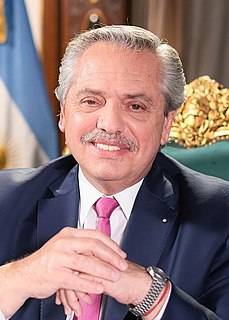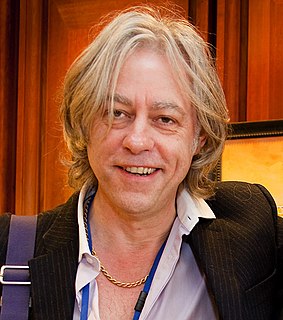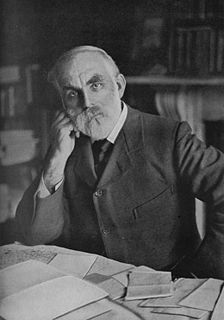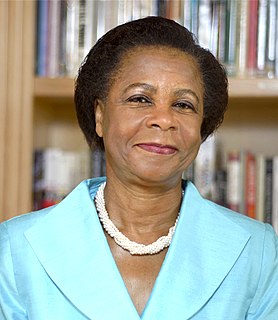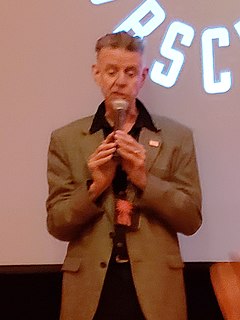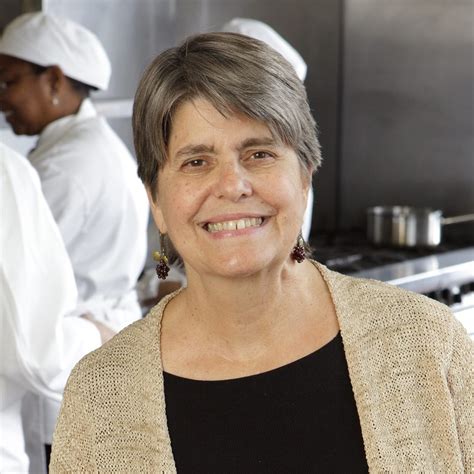A Quote by Alberto Fernandez
Poverty has become a big problem.
Quote Topics
Related Quotes
Finally, imagine that you've really worked hard on yourself and become a level 10 person. Now, is this same level 5 problem a big problem or a little problem? The answer is that it's no problem. It doesn't even register in your brain as a problem. There's no negative energy around it. It's just a normal occurrence to handle, like brushing your teeth or getting dressed.
We're looking at the singular condition of poverty. All the other individual problems spring from that condition... doesn't matter if it's death, aid, trade, AIDS, famine, instability, governance, corruption or war. All of that is poverty. Our problem is that everybody tries to heal each of the individual aspects of poverty, not poverty itself.
What has happened to create this doubt is that a problem (such as a deep conflict or a bad experience) has been allowed to usurp God's place and become the controlling principle of life. Instead of viewing the problem from the vantage point of faith, the doubter views faith from the vantage point of the problem. Instead of faith sizing up the problem, the situation ends with the problem scaling down faith. The world of faith is upside down, and in the topsy-turvy reality of doubt, a problem has become god and God has become a problem.
The zooming wealth of the top 1 percent is a problem, but it's not nearly as big a problem as the tens of millions of Americans who have dropped out of high school or college. It's not nearly as big a problem as the 40 percent of children who are born out of wedlock. It's not nearly as big a problem as the nation's stagnant human capital, its stagnant social mobility and the disorganized social fabric for the bottom 50 percent.
